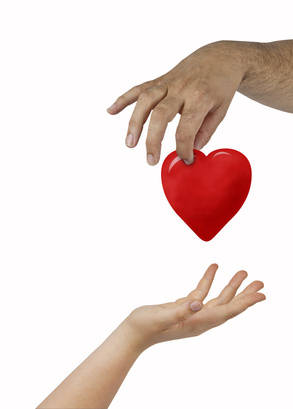But what are the affects and does it have any affect the rest of the year!
Well according to research by the UK’s University of Sussex it does have a long term impact. Short term they found that of people who had given up a tipple for January:-
• 82% of participants felt a sense of achievement
• 79% of participants saved money
• 62% of participants had better sleep
• 62% of participants had more energy
• 49% of participants lost weight
Indeed Emily Robinson, Director of Campaigns at Alcohol Concern told us, “The long term effects of Dry January have previously been questioned, with people asking if a month booze-free would cause people to binge drink once the 1st February comes around. This research is the proof of how, with the help, advice and support we offer throughout the month, our model can really change behaviour and reduce drinking.”
Alcohol Awareness Week is run in the UK by Alcohol Concern who also promote, what they call, Dry January!
The research suggest that nearly 20% of the UK population drinks more than the recommended amount!
The main findings are :-
• 72% of participants had sustained reduced levels of harmful drinking six months after completing Dry January
• The 23% of people who had “harmful” alcohol consumption when they started Dry January are now in the “low risk” category
• 4% of participants were still dry in June
Dr Richard De Visser, Senior Lecturer at the University of Sussex who led the research, said: “What’s really interesting to see is that these changes in alcohol consumption were also seen in the participants who didn’t complete the whole month alcohol free. Even if participants took part but didn’t successfully complete the 31 days, it generally led to a significant decrease across all the measures of alcohol intake.”




